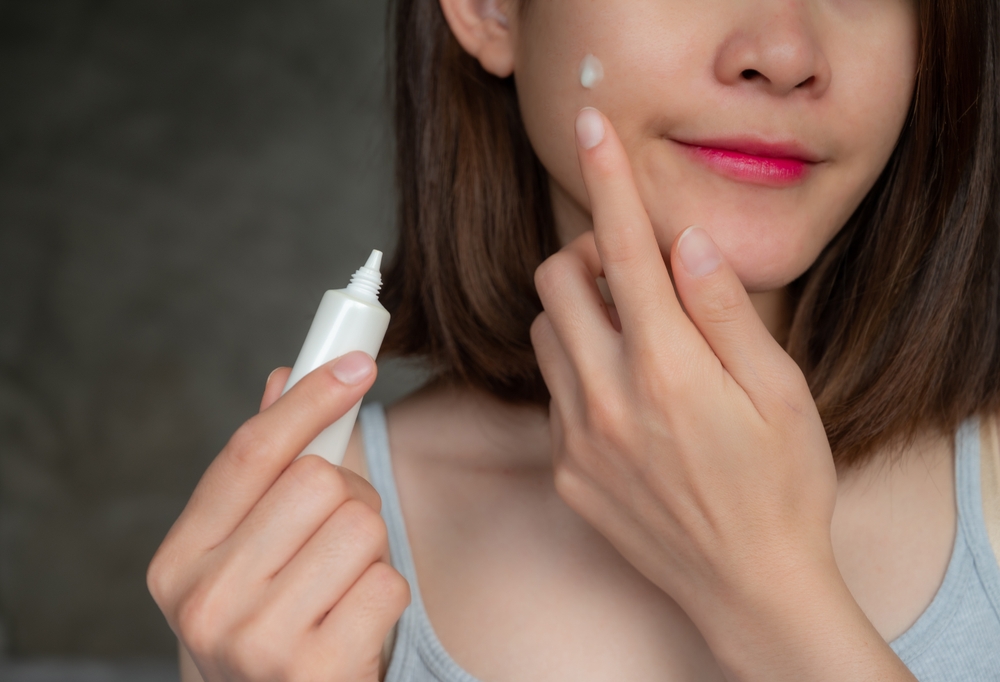Benzoyl Peroxide Products May Degrade into Carcinogen Even at Room Temperature, Study Finds

A recent study published in the Journal of Investigative Dermatology suggests that many topical benzoyl peroxide (BPO) treatments for acne and rosacea may be unstable, leading to the formation of benzene, a carcinogen, under common storage and environmental conditions. The study highlights that benzene formation occurs not only at elevated temperatures but also with ultraviolet (UV) exposure, raising concerns for long-term user safety.
According to the research, the degradation of BPO products into benzene can happen even at room temperature when products sit on store shelves. Additionally, UV exposure accelerates this degradation more rapidly than heat alone.
“Our research demonstrates that BPO products can generate benzene at typical room and store shelf temperatures, while cold storage significantly reduces this formation,” said Christopher Bunick, MD, PhD, of Yale University, one of the study’s researchers. He explained that until new formulations are developed, refrigeration throughout the supply chain—from manufacturing to end use—could be a practical measure to minimize benzene exposure.
BPO, widely used in various topical drug products up to 10 percent concentration, is a common treatment for acne and rosacea. It can be found in both prescription and over-the-counter formulations such as cleansers, creams, gels, and lotions. However, the study, using mass spectrometry methods to detect benzene in 111 new, unopened products from major U.S. retailers, uncovered that benzene forms not only due to heat but also through a UV-induced mechanism.
"The discovery of benzene formation in benzoyl peroxide acne treatments presents a potentially serious public health risk,” said lead investigator David Light, Affiliate Professor at Arnold & Marie Schwartz College of Pharmacy and Health Sciences at Long Island University in New York. “Our research demonstrates that these products, widely used by consumers of all ages, can potentially contain or generate concerningly high levels of benzene, particularly under common environmental conditions. This issue highlights the critical importance of rigorous independent testing of drug products to help protect consumers from harmful contaminants or degradation products."
Given these findings, integrative practitioners may want to discuss the potential risks of BPO products with their patients and recommend cold storage when possible, to reduce benzene exposure. As research progresses, staying informed about safer alternatives and updated guidelines will be crucial in guiding patient care effectively.
“This carefully done analysis should put to rest the question of whether benzene is present in skin care products that contain BPO,” said researcher Richard Gallo, MD, PhD, a professor in the Department of Dermatology, University of California San Diego. “It is now important that further studies be conducted to determine if the presence of this potential carcinogen in drugs with BPO translates into any increased risk of cancer.




















SHARE